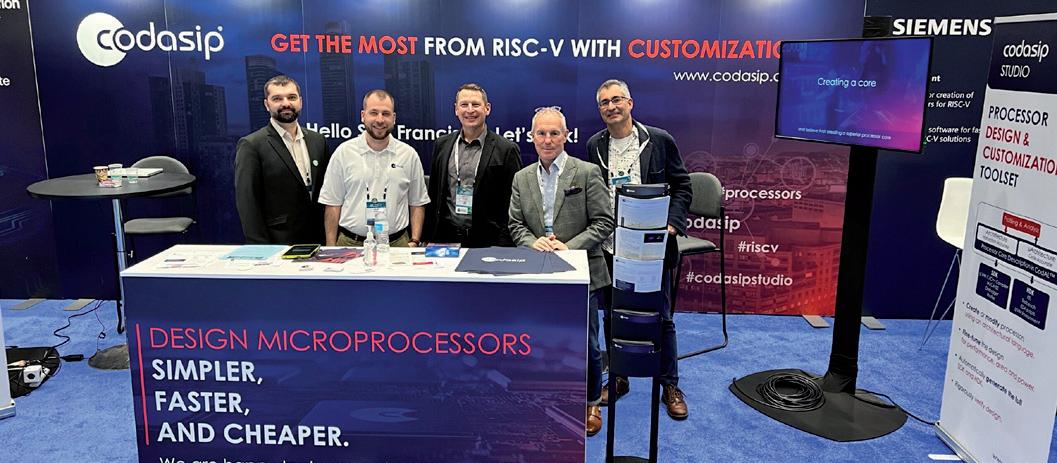3 minute read
HiPEAC innovation booster
from HiPEACinfo 65
by HiPEAC
Next Article
The European Union research and innovation programme Horizon Europe started last year. One of the main differences between Horizon Europe and its predecessor, Horizon 2020, is a new emphasis on making sure that the project stays alive after its end, that knowledge and developments within the project are used, and that a positive impact on European society is achieved. This article explores initial lessons and recommendations from early experiences of Horizon Europe.
Getting ready for Horizon Europe
The growing importance of project exploitation
New directions for Horizon Europe
The exploitation of project results in Horizon 2020 was often found to be a tick-box exercise, with little integration from the start and a lack of specialist skills and / or interest. Exploitation take a much greater role in Horizon Europe: it now forms part of the Key Impact Pathways to demonstrate the impact on society. The proposal / reporting templates have been updated with specific references to exploitation – see the impact canvas, for example – and there is an emphasis on continuous reporting, even after the project’s end. Third-party exploitation is encouraged, and incentives have been introduced for exploitation.
Some definitions
Within Horizon Europe, the following terms have been specified to aid common understanding: •Pathway to impact: Logical steps towards the achievement of the expected impacts of the project over time, in particular beyond the duration of a project. A pathway begins with the project’s results, to their dissemination, exploitation and communication, contributing to the expected outcomes in the work programme topic, and ultimately to the wider scientific, economic and societal impacts of the work programme destination. •Results: any tangible or intangible effect of the action, including data, know-how or information, whatever its form or nature, whether or not it can be protected, as well as any rights attached to it, including intellectual property rights. •Key Exploitable results: the outputs generated during the project which can be used and which create impact, either by the project partners or by other stakeholders. Key results can be reusable and exploitable as they are (e.g. inventions, prototypes, services), or elements (knowledge, technology, processes, networks) that have the potential to contribute towards further work in research and / or innovation. •Exploitation. The use of results in further research and innovation activities, including: • commercial exploitation such as developing, creating, manufacturing and marketing a product or process • creating and providing a service • standardization and policy-making activities •Outcomes: The expected effects, over the medium term, of projects supported under a given topic. The results of a project should contribute to these outcomes, supported by the dissemination and exploitation measures. This may include the uptake, diffusion, deployment, and / or use of the project’s results by direct target groups. Outcomes generally occur during or shortly after the end of the project. •Impact: Wider long term effects on society (including the environment), the economy and science. It refers to the specific contribution of the project to the work programme expected impacts described in the destination. Impacts generally occur some time after the end of the project.
Project consortia need to recognize exploitable results and their stakeholders, and identify the value added from their use. Each Horizon Europe beneficiary is expected to use their best efforts to exploit the results they own, or to have them exploited by another legal entity, in particular through the transfer and licensing of results. In this respect, beneficiaries are required to adequately protect their results – if possible and justified – taking into account possible prospects for commercial exploitation and any other legitimate interest.
FURTHER INFORMATION: horizoneurope.com bit.ly/Horizon_Europe_webinar_210421 bit.ly/Horizon_Europe_proposal_webinar_210324 bit.ly/HorizonEurope_webinar_Diss_Expl__210609

